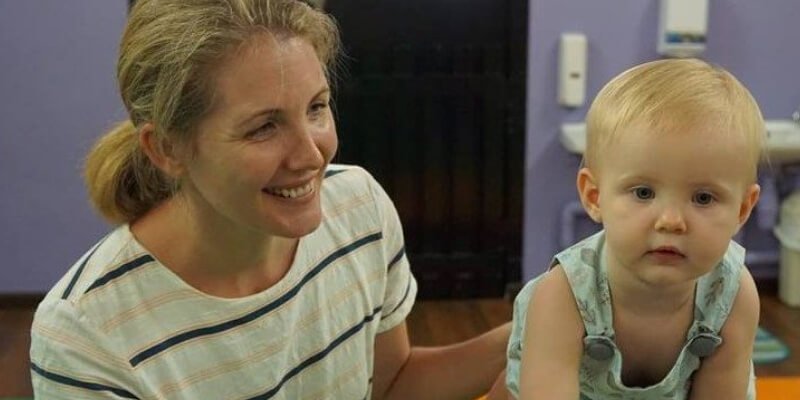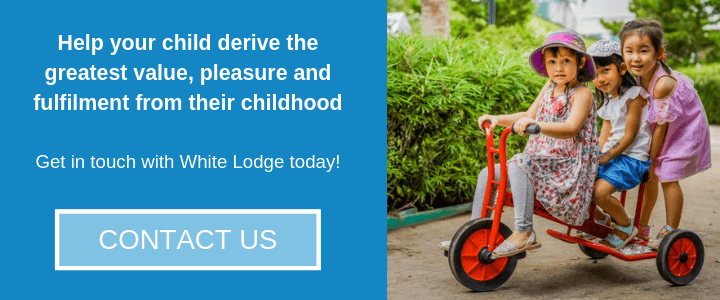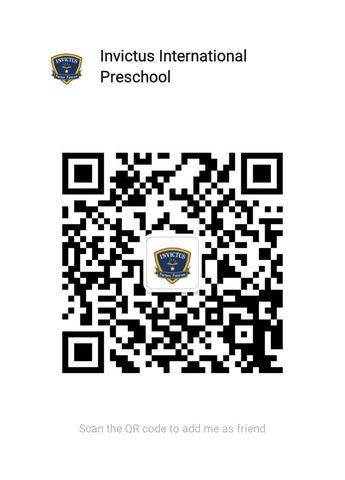Home >
Blog >
Five expert tips for successful potty training
Five expert tips for successful potty training

Jun 4, 2019 1:00:00 PM
Potty training is a big part of a child’s development and independence. Whilst there is no right way to approach this, the key is to be positive and patient. We discuss various tips for potty training success, including how to start and what to avoid.
1. KNOWING THE RIGHT TIME TO START
Timing is key when it comes to potty training your child. It is crucial to start training your child when they are ready. Whilst there is no set time for this (as each child is different), there are various signs that indicate your child may be ready. For instance, your child has started walking, can sit down for long periods of time, has dry nappies for up to two hours and displays gestures that they need to use the toilet. These all highlight early stages of independence.
Knowing when not to start is equally as important as trying too early can significantly hinder the whole process. For example, when your child is undergoing significant life changes such as starting a new nursery school, moving to a new house or the arrival of a new sibling.
2. WHAT TO WEAR WHEN POTTY TRAINING
It is crucial to dress your child in clothes that are easily removable as taking too long to undress can make it difficult for him/her to settle whilst potty training. This includes trousers with elastic waistbands and leggings instead of tights for girls. Avoiding items that may extend the time taken for your child to undress, e.g. buttons and belts, can also help.
Preparation is key! Keeping an extra pair of clothing when travelling is useful in case any accidents occur – which is an inevitable part of the potty-training process.
3. POTTY TRAINING OUTSIDE THE HOUSE
It is important to remember that potty training is initiated at home and preschool teachers only play a supporting role. At White Lodge, we encourage open communication with parents, to ensure we are aware of a toddler’s progress and can offer the appropriate support. Hence, it is crucial that you regularly communicate with your toddler’s preschool and keep teachers informed.
This is also the case when your child is visiting friends’ homes or participating in activities outside the house. Letting others know that your child is potty training and the details of their routine helps ensure that the same approach is being used at all times - consistency is key for potty training success!
4. ACCIDENTS AND REWARDS
Accidents are a big part of the learning process when potty training, with more than 80% of children experiencing setbacks. Your reaction to this will have a direct impact on your child’s progress. Punishing your child can have a negative effect and possibly slow down their progress. Instead, be reassuring; remind them that this setback is okay. Being mindful about your body language and facial gestures here is particularly important.
When your child makes progress, reward them through positive reinforcement. This is a great motivator as it can increase the likelihood of behaviour being repeated. It is important to remember that rewards do not have to be tangible; verbal praise, smiles and clapping are all kinds of ways to encourage your child.
5. POTTY TRAINING HYGIENE
Potty training is a learning process for children. The key is to make this simple and enjoyable. For instance, during diaper changes at early stages, introduce your child to keywords for body parts, bowel movements and toilet functions. This is a great way to familiarise them with the process of using the toilet.
Handwashing is a fundamental part of potty training. Tell them about the importance of hygiene and why they must do this regularly. A great way to teach this is through example; if you regularly wash your hands, your child will recognise this and follow.
Getting your child to recite a rhyme whilst they wash their hands is a useful way to help them recognise that hand washing should not be rushed. Using colourful child-friendly soap can also help make this process more enjoyable. After some time, handwashing after toilet use will become an automatic action.
OTHER USEFUL TIPS
- Ensure your child is eating plenty of fibre and drinking lots of water to avoid constipation.
- Avoid forcing your child. This can create physical problems, like constipation or put them off the whole process.
- Once your child is using the potty, gently and slowly decrease your assistance. This will help with their independence but at a steady pace.
- Avoid comparison with other children – each child is different!
When potty training, it is important to remember that every child is different. It can take from three to twelve months for your child to master a dependable potty-training routine. The key is to be patient, encouraging and consistent with your approach. By implementing these tips, you are on your way to successful potty training.
Get in touch with White Lodge today to help your child derive the greatest value, pleasure and fulfilment from their childhood!


